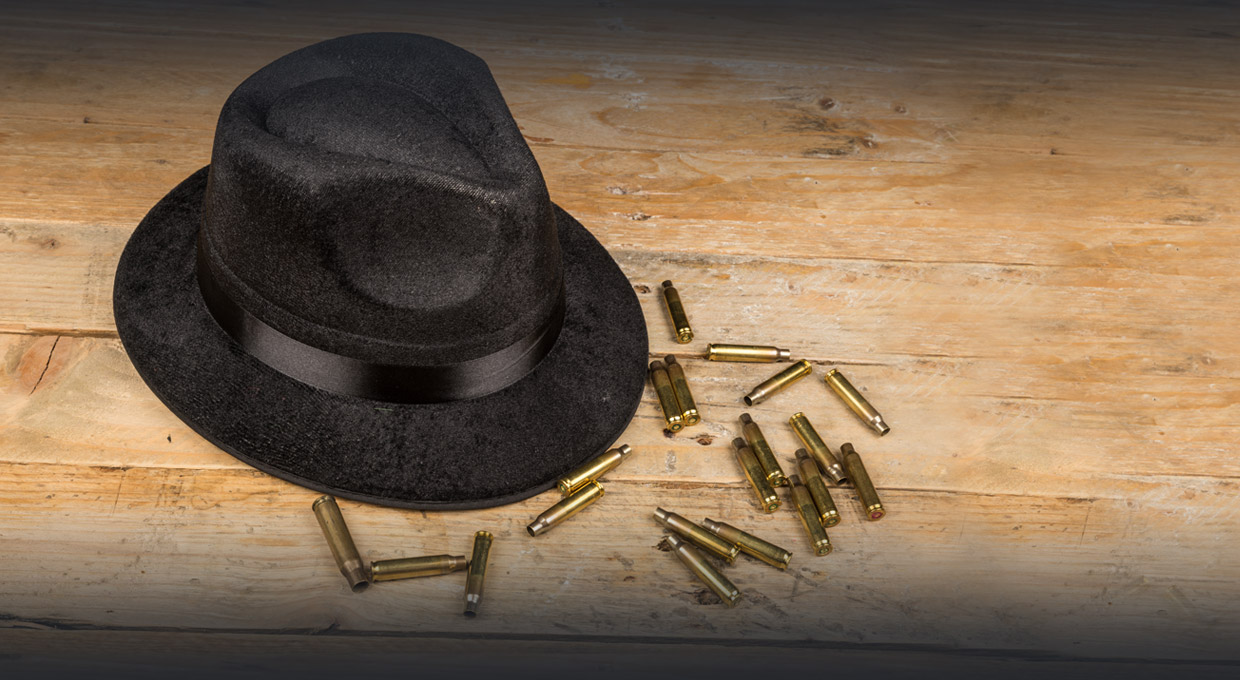
The Evolution of Desmond Cory
February 7, 2017
The Desmond Cory Interview
February 9, 2017Newspaper article found from the long neglected archives! Going back to 1980 when Professor Cory taught at the (then) new Bahrain University. The interview appeared in the GULF MIRROR – January 3, 1980.
Jadranker Porter talks to Bahrain University professor and acclaimed detective and thriller writer Desmond Cory.
D ESMOND CORY, successful and professional writer and professor of English, is unexpectedly shy – almost apologetic – about his novels. He speaks of his first novel in derogatory terms, and does not quite know why he selects ‘The Night Hawk’ as his favourite. Maybe because it did not sell well, he says.
Trying to find out whether he was more of a punctilious and detached professor or a worldly and flamboyant author, I realized he was neither. The Desmond Cory I met is, at 52, a responsive, modest and kind person, seemingly too innocent to write crime and secret agent stories.
‘Specialist’
There were none of the quick answers one might expect of someone skillful with words. On the contrary, Desmond Cory gave the impression of being mildly perplexed and unprepared, as if he were made to think for the first time about what he has been doing for the past 30 years.
Cory – his real name is Shaun McCarthy – has been a professor of English for more than 20 years, first at Cardiff University, when it first opened, then at the new Qatar University for the past three years. Since September he has been as associate professor at Bahrain’s University College. “I am becoming somewhat of a specialist at new universities,” he says.
He has had 35 novels published in Britain and the United States and all were translated into 11 languages. Among the most recent ones are ‘Take My Drum To England’, ‘The Circe Complex’ and ‘Bennett’ and ‘The Caligula Conspiracy’, completed in Doha.
Deadfall, published in 1965 was filmed with Michael Caine in the leading role and was recently re-run on British TV. A six-part TV series was made of the ‘Circe Complex’, also shown on ITV in Britain this year. The same novel was chosen as crime novel of 1977 by the Sunday Times. Cory also scripted the film adaptations of Graham Green’s novels ‘England Made Me’ and ‘The Honarary Consul’.
There is no definite reason why he writes. “I’ve been writing since the age of eight. I’d rather be popular than unpopular, but in a way I write to please myself,” says Cory.
He finds it quite convenient to hide behind a pseudonym. “You are a different person when you write. You have to be cold in some ways. And I don’t want people coming up to me and saying: ‘Oh, it is you who wrote this… How could you be so cruel?”
Like so many authors he is not proud of his first novel, ‘Secret Ministry’, published in 1951.
He says: “It was a terrible book. Considering that I wrote it at the age of 21 there was no way I could avoid making certain mistakes. It is a badly written book. I was lucky to have had it published in some ways. On the other hand, I was unlucky because, had it been turned down, I would have tried harder.”
Puzzling
He recalls that in those days it was much easier to have a book published than it is now. “I’d hate to begin as a writer now. Twenty years ago publishers would allow for some mistakes and hope that you would get better.”
Cory’s books deal with crime, secret agents and adventure, with characters wicked yet human enough for people to identify with.
He says: “People are interested in crime. There is something puzzling about it. It could be just the detective, who dunnit element – why some people commit crime, and why you and I don’t.”
At first his books were action detective stories, the kind he himself enjoyed reading. He says; “We spy-writers gave pleasure to millions of people, and while it lasted it was all the greatest of fun. But then Fleming took our small success beyond all reasonable measure and our carnival floats were replaced by the noisy band-wagons of the mass media. So it all had to come to an end. But it was a wonderful fiesta and I am, in retrospect, quite proud of whatever part I played in it.”
Now his books are “more talk than action” he says. He started experimenting, drifting from fantasy to more documentary realism, satire or comedy.
In the past he was much concerned about consistency of his characters. “But people in real life are not consistent. I am more realistic now because my characters so unexpected things, maybe because life is becoming more that way,” says Cory.
He admits to having had many adventures in his life but does not draw material for writing from his own experience. Imagination counts higher than experience with Cory. “If you describe your own experience it may come through very dull, because you always remember too much,” he says.
Bridgework
What is most difficult about writing a book?
“Doing it” laughs Cory. “When I start writing a book I can see clearly five or six scenes. What is difficult is the bridgework between those scenes. Beginning is not difficult because you are keen to start.”
Do his books tend to be alike?
Says Cory: “In a sense, every experienced writer builds books out of the books that he has written before, moving them painfully towards the books that he hasn’t written. In my case it’s slow, slow business, but at 52 years of age one feels one has a goodish way still to go.”
“I hope that’s how it turns out to be, anyway, because after 30-odd years of writing I still find storytelling the greatest occupation in the world.”




